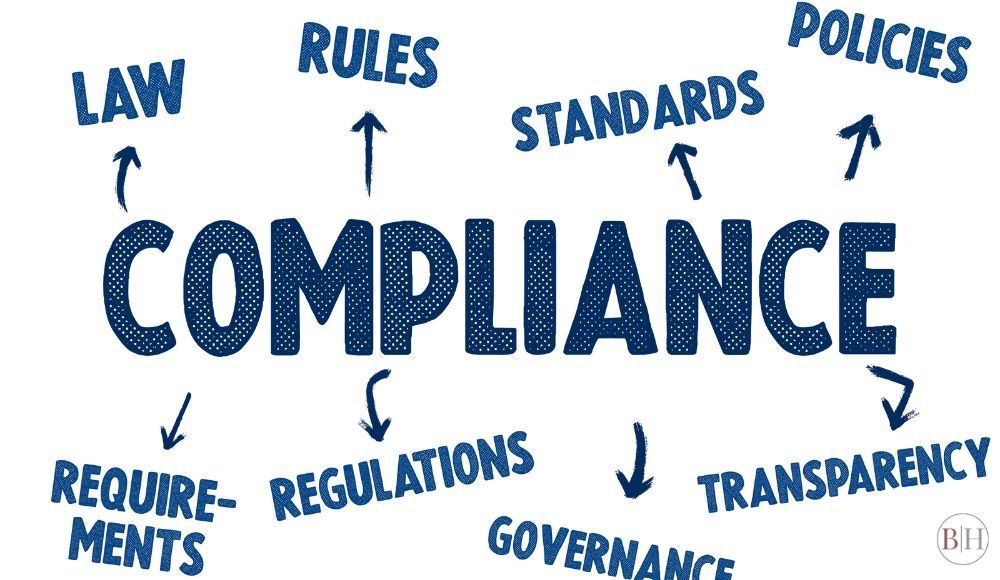Corporate Risk Management Strategies

Any organization requires effective corporate risk management to achieve long-term success and stability. A properly designed risk management strategy protects physical assets while maintaining brand reputation and regulatory compliance, which enables companies to handle uncertainty with confidence. The following components are essential elements of contemporary corporate risk management practices.
Identifying and Assessing Risks Inherent in Corporate Operations and Industry Environments
Every business operates in a unique risk landscape influenced by its internal processes, market dynamics, and regulatory environment. The first step in risk management is identifying and assessing potential threats that could impact operations, profitability, or reputation.
Operational risks may include supply chain disruptions, IT failures, labor shortages, or quality control issues. Industry-specific risks, such as fluctuating commodity prices in manufacturing or data breaches in tech, must also be considered.
A comprehensive risk assessment involves gathering input from across departments, analyzing historical data, and using risk matrices or modeling tools to rank risks by likelihood and impact. This process enables companies to prioritize the most critical vulnerabilities and develop informed response plans.
Implementing Risk Mitigation Strategies to Protect Corporate Assets and Reputation
Organizations can start taking steps to reduce identified risks after completing their risk assessment process. They achieve operational resilience through the combination of preventive measures with response planning in their mitigation strategies.
Organizations can decrease disruption risks through physical safeguards, which include fire suppression systems, cybersecurity protocols, and facility redundancies. Financial protection of the bottom line occurs through insurance policies, hedging strategies, and supply chain diversification.
The maintenance of public trust depends on clear communication plans together with employee training and ethical business practices for managing reputational risks. A risk-aware culture requires employees to understand their risk management responsibilities and receive authorization to respond to emerging threats. Regular training sessions, combined with audits and scenario planning exercises, maintain updated response plans and reinforce best practices.
Role of Corporate Counsel in Advising on Risk Management Practices and Regulatory Compliance
The identification and resolution of legal risks in corporate risk management depends heavily on corporate counsel. The business practices of companies align with applicable laws and regulations through in-house or retained legal teams, which handle labor codes, environmental standards, privacy laws, and international trade rules.
The legal team provides guidance on contract structures, compliance programs, internal policies, and dispute-resolution strategies. The legal team also tracks regulatory changes that affect business operations to suggest preventive measures that protect against penalties and damage to reputation.
Experienced counsel provides strategic guidance to organizations during risk assessments and crisis management planning activities. Their expertise in liability, governance, and regulatory frameworks makes them essential partners for developing operations that are both resilient and legally sound.
A proactive, integrated approach to corporate risk management, supported by operational leaders, legal advisors, and front-line staff, helps organizations anticipate challenges, safeguard their assets, and thrive in a dynamic business environment.
Consult With Our Legal Team
The corporate attorneys at Bingaman Hess will help your organization manage the various risks it encounters. Contact us today to schedule a consultation. Our corporate attorneys provide the highest level of representation and personalized attention.
This article is for informational purposes only and does not constitute legal advice. No one may rely on this information without consulting an attorney. Anyone who attempts to use this information without attorney consultation does so at their own risk. Bingaman Hess is not and shall never be responsible for anyone who uses this information. It is not legal advice.









